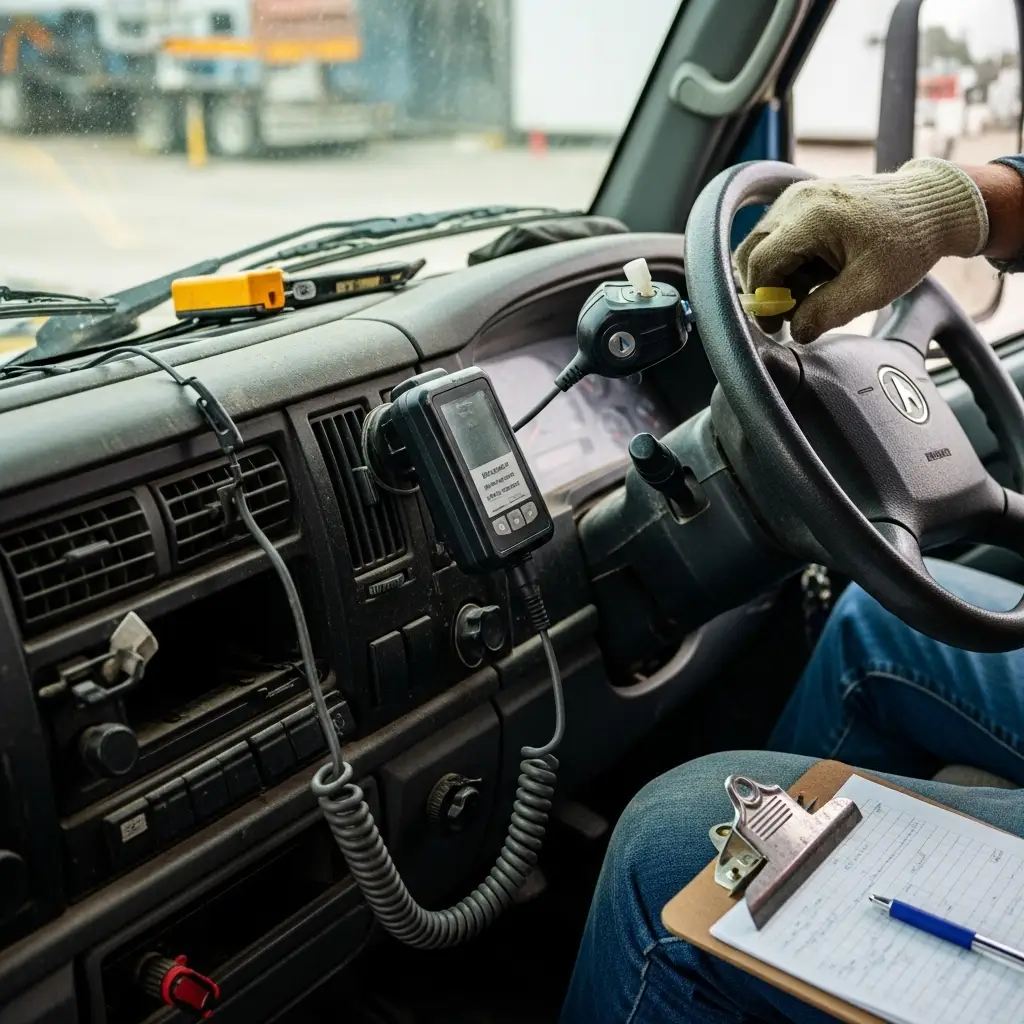Ignition Interlock Devices (IIDs) are an essential tool in ensuring road safety and preventing incidents of drunk driving. When individuals are required to install an IID as part of their DUI penalties, it can pose a unique challenge if they drive a company vehicle for work. However, exemptions may be available for installing an IID on a work vehicle. In this article, we will provide you with a clear understanding of how IIDs work for work vehicles, the process of obtaining an exemption, and the criteria considered by the courts when determining a company vehicle.
Understanding Ignition Interlock Devices:
An Ignition Interlock Device is a breathalyzer-like device installed in a vehicle's ignition system. It requires the driver to provide a breath sample before starting the vehicle. If the breath sample registers alcohol concentration above a preset limit, the vehicle will not start. IIDs are typically required for individuals with DUI convictions or as a condition of a restricted driver's license.
IIDs and Work Vehicles:
When it comes to work vehicles, the rules surrounding IIDs can be more nuanced. In California, individuals with an IID requirement may drive their employer's vehicle without an IID if certain conditions are met. These conditions include:
- Employer Acknowledgment: The employer must acknowledge that the employee is driving a company vehicle for work purposes and is aware of the employee's IID requirement.
- Employer Exemption Form: The employee should provide the employer with an Employer Exemption Form, which verifies the employer's acknowledgment and allows the employee to operate the work vehicle without an IID.
- Proof of Employment: The employee must provide proof of employment to the DMV, such as a letter from the employer or a recent pay stub, to demonstrate their eligibility for the work vehicle exemption.
- IID Installation on Personal Vehicle: The employee must install an IID on any personal vehicle they own or operate outside of work hours.
Obtaining an IID Exemption for a Work Vehicle:
To obtain an exemption from installing an IID on a work vehicle, individuals must follow specific steps:
- Consult with a Criminal Defense Attorney: Seek the guidance of a knowledgeable criminal defense attorney who specializes in DUI cases. They can provide valuable advice and help navigate the legal process.
- Complete the Employer Exemption Form: Obtain the Employer Exemption Form from the DMV or your attorney. Complete the form accurately, ensuring both you and your employer sign it.
- Provide Proof of Employment: Gather the necessary documentation to prove your employment, such as a letter from your employer or recent pay stub.
- Submit the Form to the DMV: Submit the completed Employer Exemption Form, along with the required proof of employment, to the DMV. Retain a copy for your records.
Court Considerations for Work Vehicles:
When determining whether a vehicle qualifies as a company vehicle, the courts consider several factors, including:
- Ownership: The ownership of the vehicle is a crucial factor. If the employer owns the vehicle and permits the employee to use it for work purposes, it is more likely to be considered a company vehicle.
- Usage: The courts assess the primary usage of the vehicle. If it is primarily used for work-related activities and is necessary for the employee's job, it may be deemed a company vehicle.
- Employer Control: The level of control the employer has over the vehicle is significant. If the employer exercises control over the vehicle's operation, maintenance, and scheduling, it strengthens the argument for it being a company vehicle.
Conclusion:
When facing an IID requirement and driving a company vehicle for work, it is essential to understand the rules and seek exemptions if applicable. By consulting with a knowledgeable criminal defense attorney, completing the necessary forms, and providing proof of employment, individuals may be able to operate a work vehicle without installing an IID. It is crucial to follow the proper procedures and adhere to the requirements outlined by the DMV and the courts to ensure compliance with the law while fulfilling work obligations.
